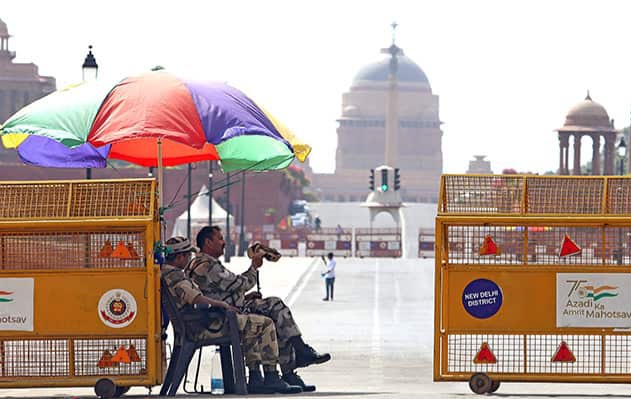Thiruvananthapuram: The heatwave, which has killed thousands of people in India over the past few decades, is growing at an alarming pace and India will soon be the first country in the world to face severe heatwaves that are beyond human tolerance. This warning has been given in a new report. The World Bank’s report titled ‘Climate Investment Opportunities in The Cooling Sector in India’ said that the country is experiencing relatively high heat, which starts early and lasts much longer.
“In April 2022, India was hit by an early heatwave, bringing normal life to a standstill and bringing the temperature to 46 degrees Celsius in the capital, New Delhi. The month of March witnessed an unprecedented rise in temperature and emerged as the hottest March month in history.
The report will be released at the two-day ‘India Climate and Development Partners’ meeting organised by the World Bank in partnership with the Kerala government in Thiruvananthapuram.
The report fears that the intensity of the heat wave in India will soon cross the limit that is human-tolerance. “The Sixth Assessment Report of the Intergovernmental Panel on Climate Change (IPCC) in August 2021 warned that the Indian subcontinent will experience more severe heat waves in the coming decade,” it said.
“The G20 Climate Risk Atlas also warned in 2021 that if carbon emission levels remain high, the heatwave across India is likely to last 25 times longer between 2036 and 2065. This assessment was done in view of the IPCC’s worst emission scenario.
The report warns that rising heat in India could reduce economic productivity. “75 per cent of India’s workforce, or about 380 million people, work in areas where they have to live in hot environments. Many times they have to work in temperatures potentially dangerous for life. Of the 80 million jobs estimated to be lost globally by 2030 due to a decline in productivity related to heat stress, 34 million will go to India.”






